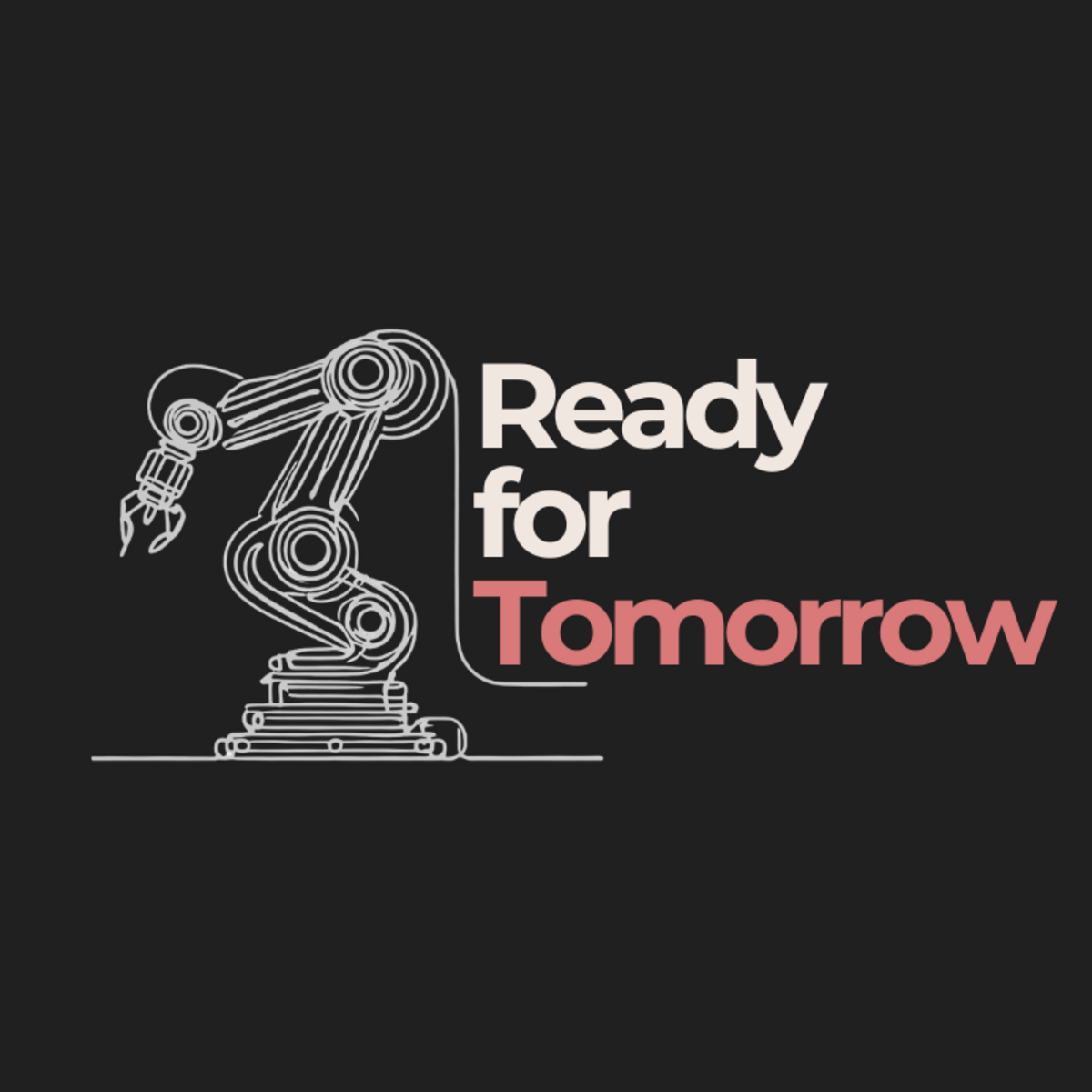If I could meet my younger self, the guy with the crooked helmet and a head full of plans that didn’t yet know they were impossible, I’d tell him one thing:
Technical skills are just the beginning.
Back then, no one told me that.
No mentor. No guide.
I had to clear the path myself, with my hands, my head, and a lot of mistakes.
And maybe that’s why I have something to say to young engineers today.
Not about which controller to pick.
Not about firmware versions.
Not about choosing SCARA or six-axis robots.
You can google that.
But how to survive in this job? That’s harder to find.
So today, I’m bringing you a short list.
Not a list of tools or programming tips.
A list of real skills.
The kind that make someone a great engineer.
Not the ones we show on LinkedIn.
But the ones that actually matter.
Start learning AI in 2025
Everyone talks about AI, but no one has the time to learn it. So, we found the easiest way to learn AI in as little time as possible: The Rundown AI.
It's a free AI newsletter that keeps you up-to-date on the latest AI news, and teaches you how to apply it in just 5 minutes a day.
Plus, complete the quiz after signing up and they’ll recommend the best AI tools, guides, and courses – tailored to your needs.
Handling mistakes and having patience
Young engineers make mistakes. That’s just how it works.
Wrong cables. Wrong direction. One missing comma and the machine falls apart.
Mistakes are the cost of learning.
But let’s be honest. It hurts.
We all want to be fast, smart, and impressive. But things move slowly.
Sometimes the machine gets stuck. Sometimes we do.
That’s why you need patience.
Without it, you won’t build anything that lasts.
Safety first (because hands don’t grow back)
This is not just a slogan on a wall.
It’s real.
Machines don’t forgive.
Sometimes one small move is enough. One step too close. One "quick fix" in the wrong place.
My dad, Rysiek, used to say:
"No one will take care of you better than you."
That rule never gets old.
You want to be a good engineer?
First, make sure you go home safe.
Communication (because no one lives inside your head)
You can know everything.
You can remember every command in the manual.
But if you can’t explain it clearly, it won’t help much.
Engineering is a team effort.
Ideas are not enough.
You have to make others understand them.
Sometimes that takes time.
Sometimes drawings.
Sometimes saying the same thing three different ways.
And that’s fine.
Curiosity and learning
Technology changes fast. Faster than any brochure can describe.
Today we talk to AI. Tomorrow it will set up machines for us.
Staying up to date is not a nice-to-have. It is how you survive.
If you stop learning, you fall behind.
And the world won’t wait for you.
You want to stay valuable? Keep learning.
Don’t wait for training.
Don’t wait until it’s useful.
Start now.
Problem solving and letting go of "not my fault"
One of the worst things you can say in a factory is:
"That’s not my fault."
Factories don’t care who made the mistake.
They care who can find the cause and fix it.
Often, what we see is just the last step in a chain.
The first problem happened earlier. Maybe in a wrong setting. Maybe in a wrong assumption.
Good engineers don’t run away from problems.
They solve them.
I could go on. But I know young people don’t read long texts these days.
So I’ll leave you with this:
Being smart is not enough.
You need to be tough, careful, clear, curious, and focused on solving problems.
The rest will come with time.
And if it doesn’t, you won’t find it in any online course.
What would you add to this list?
Cheers, Jacek!


